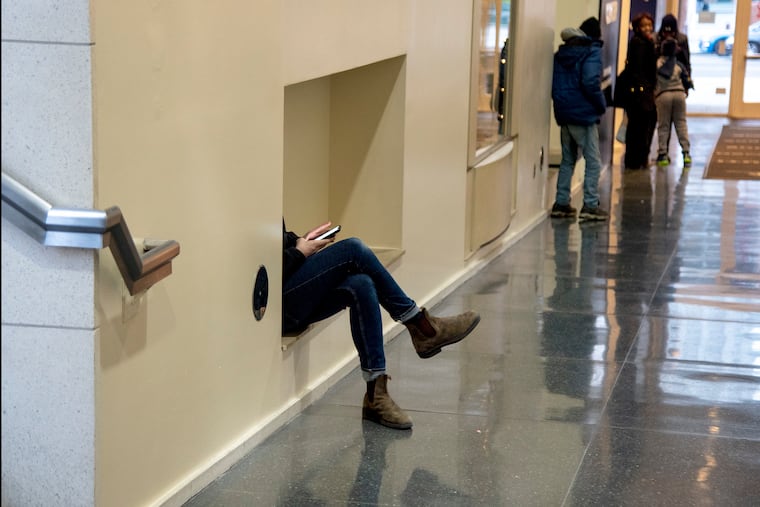We all have a role to play in public health messaging about vaccination | Expert Opinion
How you - yes you - can improve public health messaging about vaccination through social media.

Flu season is here. And although COVID-19 outbreaks have not followed the same seasonal pattern as flu, it’s also COVID season. Getting vaccinated is important because kids are back in school, people are traveling again, and many have dropped the habit of wearing masks to protect themselves and others.
Getting your flu shot is always a good idea. And this year, we have a bonus in the updated COVID vaccine boosters, which are designed to target the omicron variant.
But COVID news fatigue is real. People are so tired of hearing about the pandemic, vaccines and treatments that, research shows, they’ve tuned out much of the ongoing public health messaging. So, aside from grabbing our megaphones, how can we get people to hear us when we tell them how important it is to get vaccinated?
The answer may be right under our — and your — fingertips.
In a 2022 study of 538 parents at the Children’s Hospital of Philadelphia (CHOP), we found that suburban parents were more hesitant than urban parents to get their kids a COVID shot, and that the decisions parents made about annual flu shots predicted whether they were likely to consider COVID shots. But regardless of where they lived or their opinion on vaccination, 79% of parents we surveyed reported checking social media on their smartphone (rather than a computer) at least once a day, if not “all the time.”
Let’s leverage this behavior. If you have a smartphone, you can help ensure that your friends, family, and colleagues see credible information to help make vaccination decisions.
People need to hear things more than once, and from people they know and trust, before they do something about it. This means that in addition to their doctor or pharmacist, people look to their friends, family and others in their social networks when shaping opinions on health choices such as vaccines.
Here are five ways you can help others make educated health decisions:
Share clear, credible, and engaging content that is accurate: Don’t share content just because it is engaging. Sharing an engaging post that contains inaccurate information can cause harm. If you are not sure the information is accurate, do not share it.
Post 100% mobile-friendly content: It’s easier for people to check and more people will check.
Post clear, bite-sized messages: People can understand and remember more easily digestible messages.
Post from trusted and reliable sources: Use credible expert sources such as your doctor and present both benefits and risks. Misinformation abounds online and can. It can directly lead to people making less beneficial health decisions.
Post numbers when you can: Numbers resonate more with people and when talking about vaccine safety, a prime reason why people hesitate or delay getting their shots, it decreases perception of concerns
Seeing reliable public health messages from friends, family and peers can be helpful because behavior change is a gradual process. We must first recognize that there is a risk, then we think about whether to do something about it. Often, we underestimate the pros and emphasize the cons of changing a behavior. Eventually we decide, and if we’ve decided to take action, we make a vaccine appointment that hopefully we won’t forget about.
Behavior change doesn’t happen quickly or decisively, but is possible. I downloaded the Couch to 5K running app years ago and I’m still working on what follows. Since writing this, I signed up for my first race, and a sprint triathlon at that.
Angela K. Shen is a retired captain in the U.S. Public Health Service, visiting scientist at the Children’s Hospital of Philadelphia, an adjunct associate professor at the University of Pennsylvania’s Perelman School of Medicine, and a senior fellow at Penn’s Leonard Davis Institute of Health Economics. Tuhina Srivastava is a doctoral candidate in epidemiology at the Perelman School of Medicine and associate fellow at the Leonard Davis Institute of Health Economics.